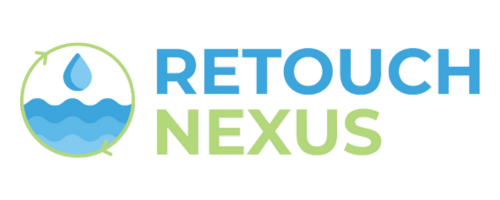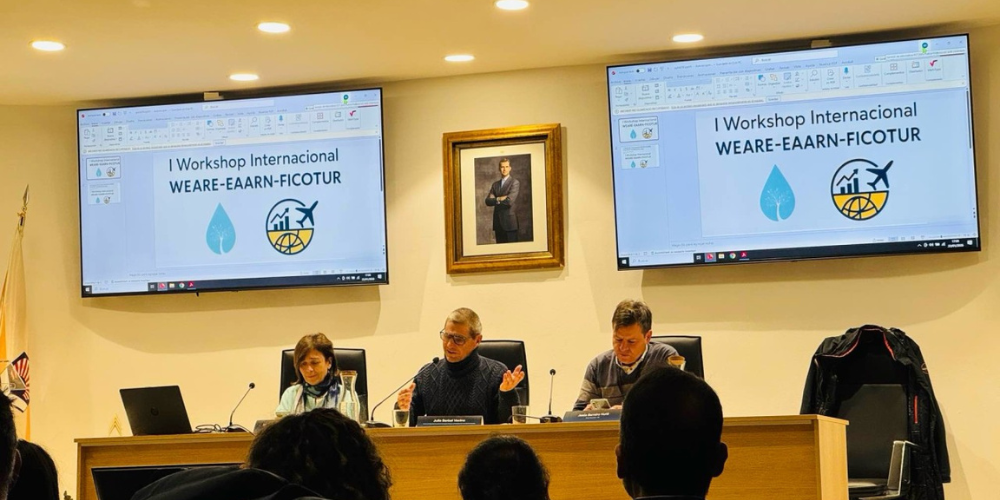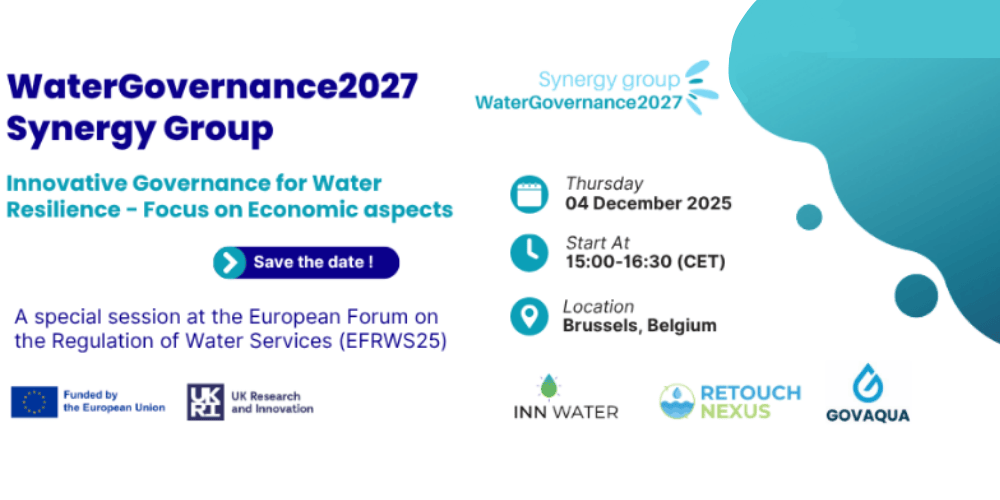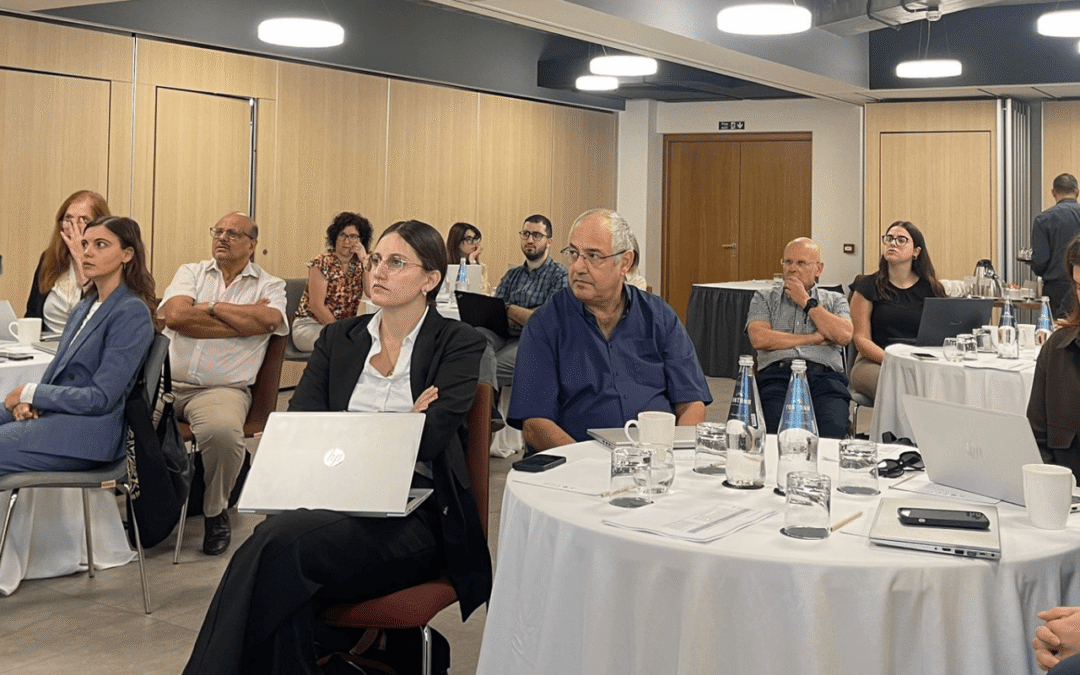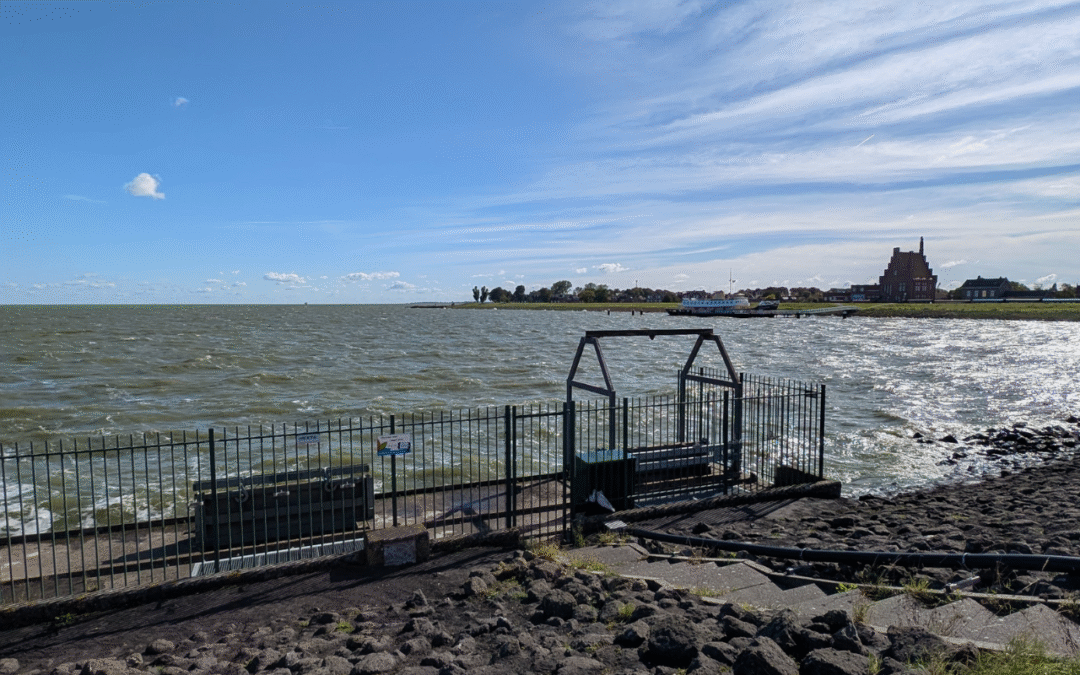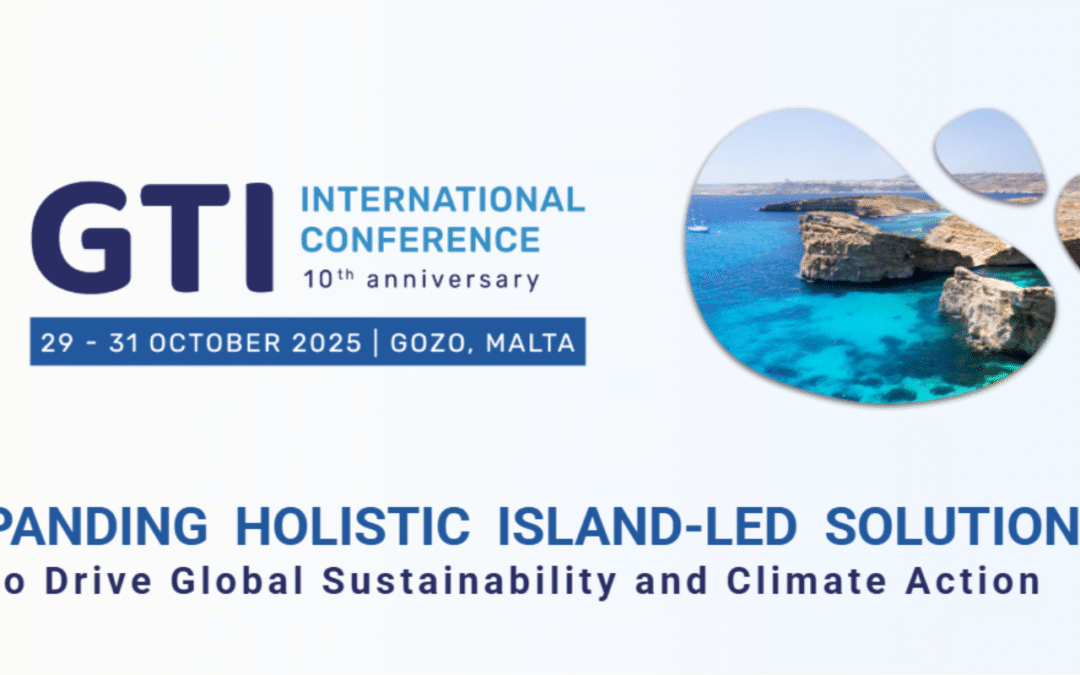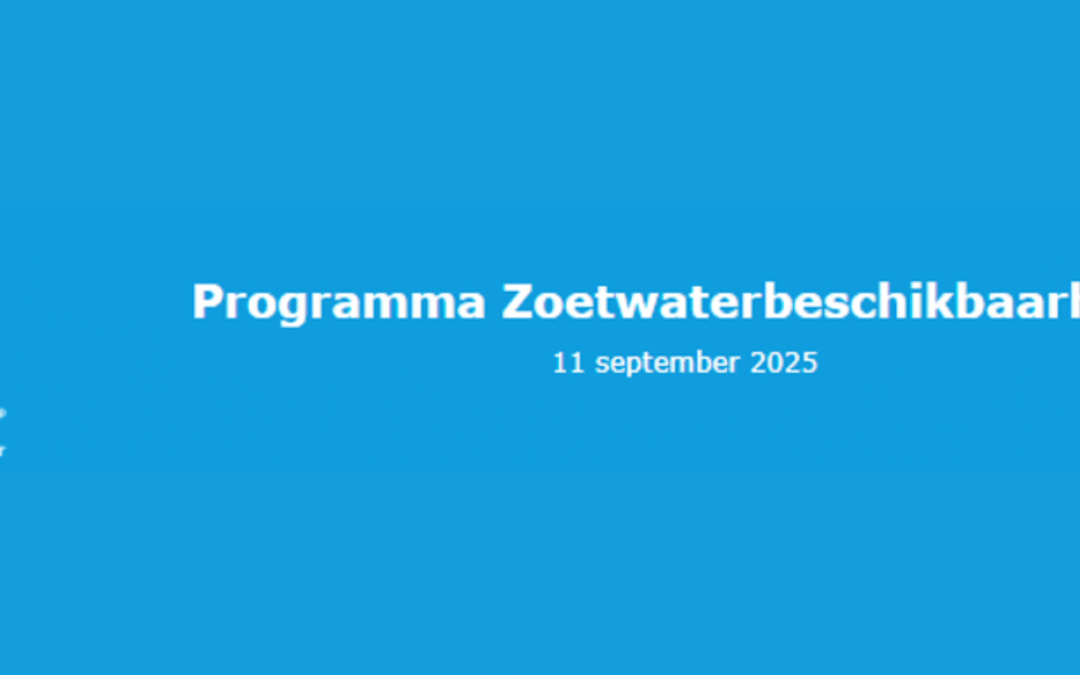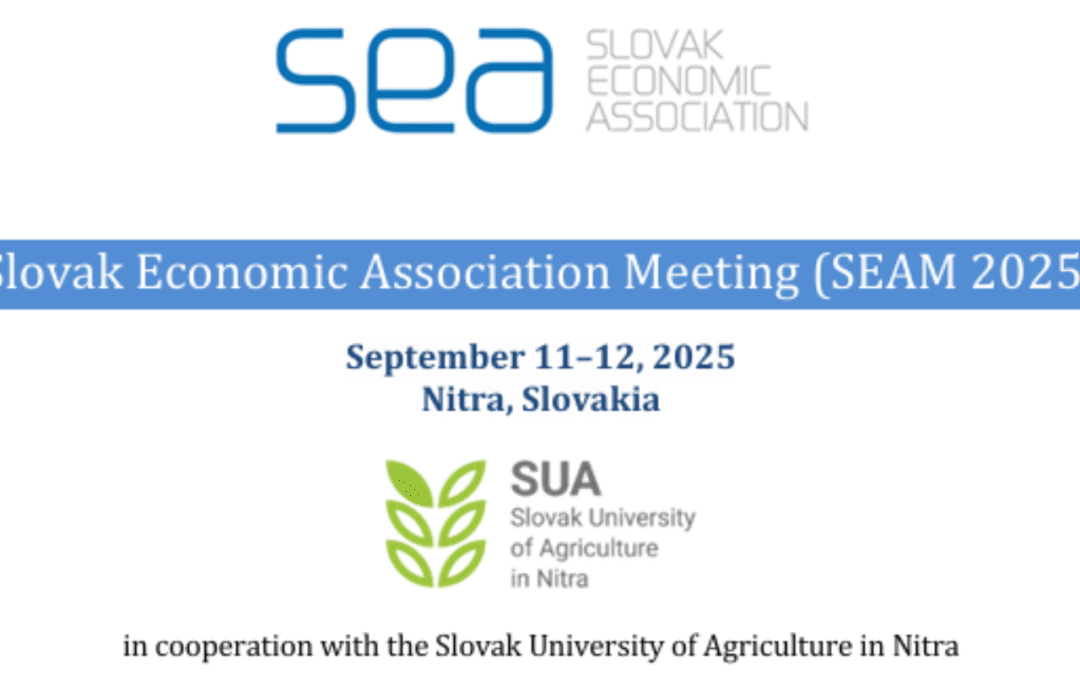Come celebrate World Water Day 2024 ‘Leveraging water for peace’ with the RETOUCH NEXUS project!
Water can be a tool for peace when communities and countries cooperate over this precious shared resource. But, water can also spark and intensify conflict when access is denied and usage unfairly shared. World Water Day 2024 is about working together to balance everyone’s needs, with a dedication to ensure no one is left behind, to make water a catalyst for a more peaceful world.*

Every year, World Water Day (22 March) raises awareness and inspires action to tackle the water and sanitation crisis. It is a United Nations observance, coordinated by UN-Water and led by one or more UN-Water Members and Partners with a related mandate.
‘Water for Peace’ explained
Water can create peace or spark conflict. When water is scarce or polluted, or when people have unequal or no access, tensions can rise between communities and countries.
More than 3 billion people worldwide depend on water that crosses national borders. Yet, out of 153 countries that share rivers, lakes and aquifers with their neighbours, only 24 countries report having cooperation agreements for all their shared water.
As climate change impacts increase, there is an urgent need, within and between countries, to unite around protecting and conserving our most precious resource. As populations grow, water will become increasingly important in the fight against poverty and the deterioration of the environment.
Cooperation on water can build vital resilience to extreme weather events and help populations to mitigate and adapt to a changing climate. Public health and prosperity, food and energy systems, economic productivity and environmental integrity all rely on a well-functioning and equitably managed water cycle.
This means that non-discrimination and equality in ensuring access to water and sanitation can have a positive ripple effect across society. Peaceful cooperation around water can flow into peaceful cooperation in all sectors.
How can water be a tool for peace?
Over time, there have been many more incidences of cooperation than conflict over water, but there is much more to do. We must act upon the realization that water is not only a resource to be used and competed over – it is a human right, intrinsic to every aspect of life.
At the local and national level, different water users – particularly water and sanitation utilities, energy, food and industry – must cooperate through an integrated water resources management approach and promote a circular economy that fulfils people’s human rights.
At the basin level, countries should develop agreements and set up institutions to peacefully manage water resources that cross international borders.
Cooperation on transboundary waters is essential for peace and prosperity. Governments should cooperate bilaterally, regionally or globally, for example through signing up to and implementing the United Nations Water Convention and Watercourses Convention.
By working together to balance everyone’s human rights and needs, water can be a stabilizing force and a catalyst for sustainable development.
We can all use water as a tool for peace. Individuals, families, community groups, organizations, institutions and governments – everyone can take action as part of the World Water Day 2024 campaign. There are three ways to get involved:
- Learn: explore the connection between water and peace, and read inspirational stories from around the world: https://www.un.org/en/observances/water-day, delve into UN-Water’s Water Facts: https://www.unwater.org/water-facts, read the UN World Water Development Report, launched on 22 March, on ‘Leveraging water for peace and prosperity’: https://www.unwater.org/publications/un-world-water-development-report, look into the water and sanitation issues in your country or region on the SDG 6 Data Portal: https://www.sdg6data.org/en.
- Share: Post World Water Day social media assets using #WorldWaterDay to generate debate and raise awareness – available at https://www.un.org/en/observances/water-day/resources
- And finally, don’t forget to…
Take actions!

Save water!

Break taboos!

Make it equal!

Stop polluting!

Eat local!

Clean up!

Protect nature!

Be curious!

Flush safe!

Build pressure!
*article based on the World Water Day fact sheet content.
Building Resilience: Economic Instruments for Sustainable River Basin Management
Online – February 26, 2026 Join us for an expert webinar exploring innovative approaches to water governance across Europe On…
RETOUCH NEXUS Presented at the International Workshop WEARE-EAARN-FICOTUR in Córdoba
RETOUCH NEXUS was represented at the International Workshop WEARE-EAARN-FICOTUR: Establishing Networks, held on 22–23 January 2026 in Córdoba, Spain, within the session “Instruments and Policies…
Strengthening Europe’s Water Resilience: Three Projects Unite at Brussels Forum
Brussels, Belgium – December 4, 2025 RETOUCH NEXUS joins InnWater and GOVAQUA to present unified recommendations on economic dimensions of…
Check out the 5th RETOUCH NEXUS newsletter!
Are you passionate about sustainable water management and governance? 🌍💧 Subscribe to our newsletter and stay updated with the latest…
💧 Strengthening Stakeholder Engagement in Malta – RETOUCH NEXUS Workshop on the WEFE Nexus Ranking System
In October 2025, the Energy and Water Agency (EWA) hosted a new RETOUCH NEXUS Stakeholder Project Meeting in Malta, bringing…
RETOUCH NEXUS 5th General Assembly – Moving Toward Performance
As we progress through the third year of the RETOUCH NEXUS project, our consortium gathered in Amsterdam on September 23-24…
Join us at the 10th International Conference on Island Sustainability organized by the GTI Foundation
Gozo, Malta | October 29-31, 2025 Expanding Holistic Island-led Solutions to Drive Global Sustainability and Climate Action The RETOUCH NEXUS…
Informative evening for HHNK’s Freshwater Availability Programme
On Thursday, 11 September, the water authority Hoogheemraadschap Hollands Noorderkwartier (HHNK) held an information evening as part of the public…
RETOUCH NEXUS at SEAM 2025 – Advancing Water-Energy-Food-Ecosystem Governance in Slovakia
Nitra, Slovakia | September 11-12, 2025 The RETOUCH NEXUS project is proud to participate in the Slovak Economic Association Meeting…
🤝 Building a Participatory Path for Water Governance in North Holland
RETOUCH NEXUS supports stakeholder engagement for the Freshwater Availability Program. In response to the growing threat of water scarcity in…
